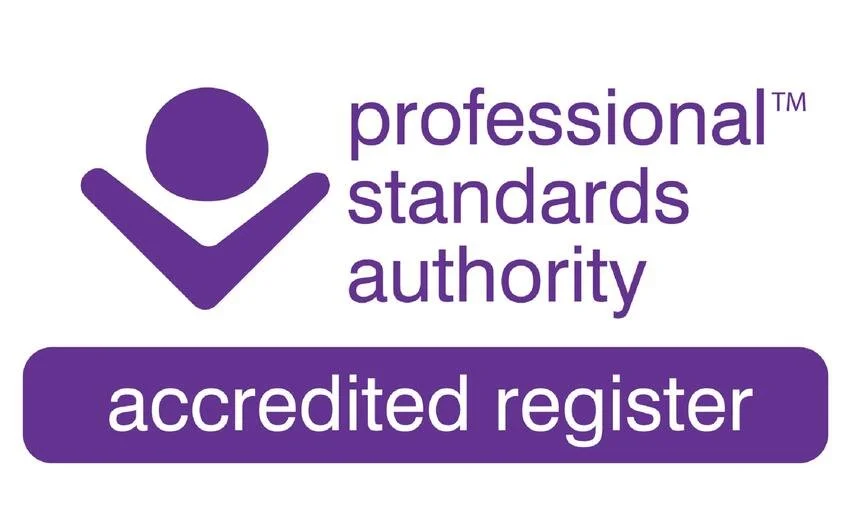Belong in any room with Sophia Spencer
Empowering you to just be.
Let's unlock your
For thoughtful people navigating anxiety, visibility, and the fear of being seen. Supporting clients worldwide.
Hello, I’m Sophia!
I'm a specialist therapist helping you learn to just be, including:
Moving from social and performance anxiety to natural comfort in any room
Trusting your instincts instead of seeking external validation
Speaking up with conviction when your perspective differs
Leading authentically rather than performing what you think others want
Making intuitive decisions without second-guessing
Owning your expertise without apology
Unlike traditional support, I don’t just help you “manage thoughts.” I work at the level of belief and nervous system — so you can actually feel at ease in high-visibility moments, not just perform confidence on the surface.
Many of my clients find their thoughts aren’t ‘logical’, yet, they still can’t help but react. This is because the issue isn't in your head — it's in your nervous system's learned patterns around safety and belonging. When we heal these at the root, your magnetic presence emerges naturally.
Read reviews on trustpilot.
From Self Doubt → Just Being
What does it mean to just be?
Just Being is that unshakeable knowing that you belong exactly where you are. It's the difference between performing and simply existing as yourself.
But what about anxiety symptoms? They don't come up in the same way because you feel safe. A nervous system that feels safe around people will not trigger significant anxiety.
You're no longer asking "How do I perform?" but simply knowing "I belong here, exactly as I am."
This isn't about learning 'how to be confident' - it's about addressing what's underneath the surface so you can just exist as yourself and actually feel that to be enough. This is what creates natural magnetism.
When you can Just Be, people are naturally drawn to your authenticity. You don't have to work to command the room - you simply belong in it as yourself, and others feel that genuine presence. It's being from the inside out, not a performance you put on.

Listen to my podcast Just Be.
An educational psychology podcast on understanding your social brain and feeling seen.
Ex-NHS
I bring with me 5+ years of NHS (UK public health system) experience, including supervising and training other therapists.
Specialised support
I focus exclusively on working on what it means to be visible - whether that’s in relationships, in business, on stage, or general day-to-day.
100% retention
It can be hard to find the right therapist for you. I take pride in that to date anyone who has attended a first session with me has always returned for another.
Social Psychology Background
Prior to therapy, my background was in social psychology and politics. I understand that power dynamics and the way our brain is biologically wired impacts how we show up in society. This is inherent in my approach.
Trauma Informed
My approach recognises that your nervous system's responses make perfect sense given what you've experienced. Rather than treating symptoms in isolation, I work with the underlying patterns and protective mechanisms that once kept you safe but may now be holding you back from the life you want to build.
Strategically Minded
I understand the pressures of leadership, high-stakes decision-making, and maintaining authenticity in professional and/or public environments.

Latest Blog Posts























